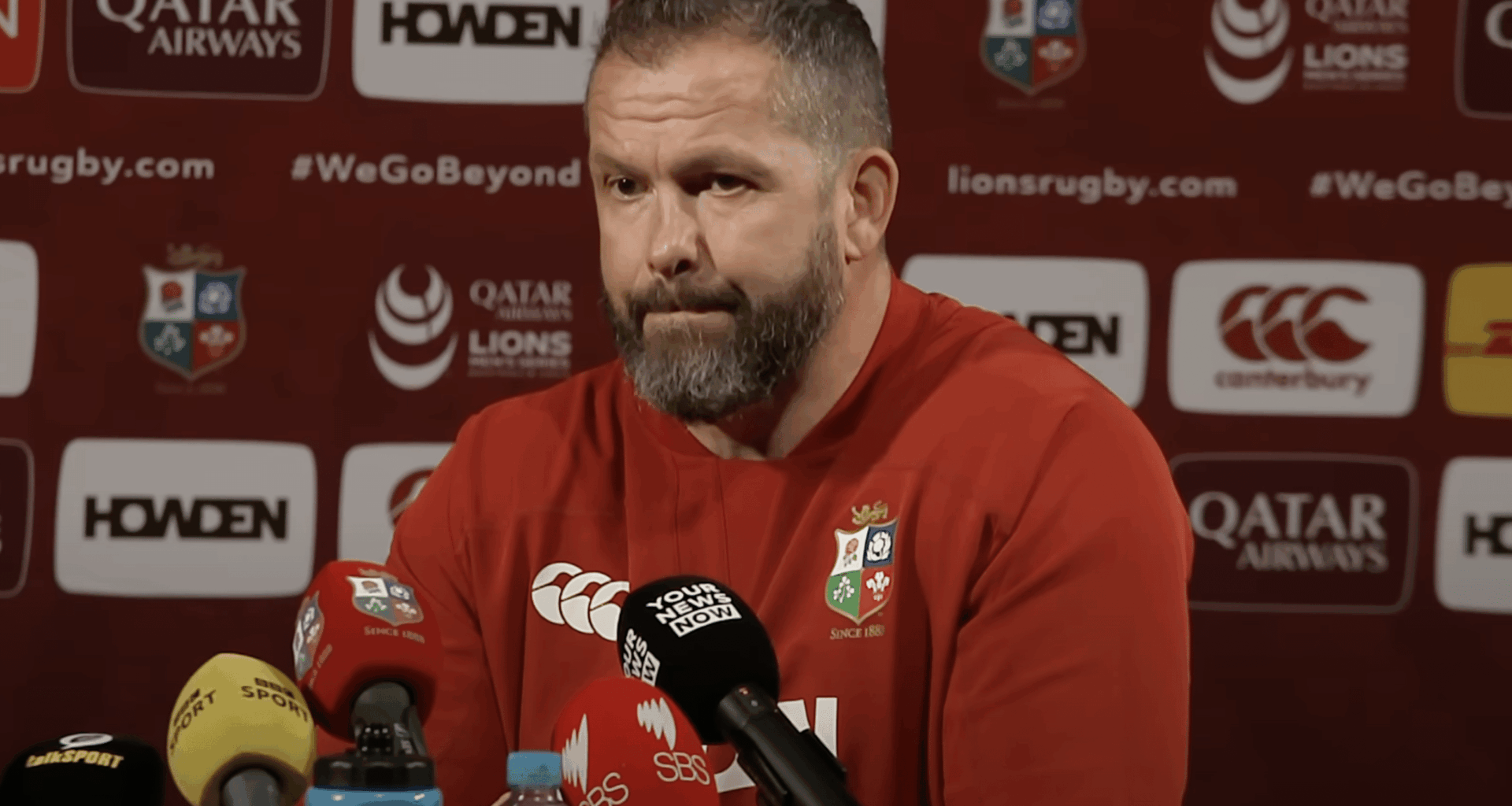Andy Farrell says he’s “loving life” as Ireland head coach and has no interest in returning to an England role before the 2027 Rugby World Cup.
The Lions boss was linked with a move back to Twickenham when Steve Borthwick was under fire last year and remains the frontrunner to take over after the next World Cup.
Join our Breaking News and Top Stories WhatsApp community for all the latest news direct to your phone.
Since taking charge in 2019, Farrell has led Ireland to the top of the world rankings, delivering a Triple Crown, a first-ever series win in New Zealand in 2022, and a Grand Slam earlier this year.
Farrell recently signed a long-term deal to stay on as Ireland head coach through to the end of the 2027 World Cup and is currently heading up the Lions’ tour of Australia.
“When you make a decision, you commit and that’s it,” said Farrell when previously asked last year about the possibility of leaving Ireland.
“And, you know, I’m very lucky that it wasn’t just me that was committing, it was my wife and kids as well.
“Because whether you think it’s a close flight or connected or whatever to the UK, it’s still living abroad. It is a big move, you know, kids out of school.
“That type of commitment is something that I’ll never forget from my family… I’m forever grateful.”
He added: “We love it here. We’re loving life here and the rugby’s pretty good as well.”
EDITORS PICKS:
“Goodbye Caterpillar ruck” – Three more rugby law changes for 2025
Rugby has always balanced tradition with evolution, but some of its laws may no longer serve the game as well as they once did.
As the sport becomes faster and more physical, a few rules stand out as needing change—not to disrupt the game’s spirit, but to enhance fairness and flow.
We highlight three specific laws that we believe could benefit from an update. These suggestions come from a place of respect for the game and a desire to see it continue to thrive.
World Rugby has made plenty of changes in recent years, and these ideas could be next.
1. Fewer Substitutions
Rugby has changed significantly over the years, and one of the biggest shifts is how the bench is used. These days, teams often bring on almost an entirely new forward pack late in the game. Big, fresh players crash into tired defenders, making the final 20 minutes less about skill and endurance, and more about brute force. Many fans and former players feel this has turned rugby into a collision sport rather than a contest of stamina and intelligence.
Reducing the number of substitutions would encourage players to pace themselves. Space would open up in the second half, creating more opportunities for creative play rather than endless phases of pick-and-go. It would reward fitness, smart decision-making, and those capable of performing for the full 80 minutes.
Fewer substitutions wouldn’t just make the game more exciting—it would make it fairer, safer, and more in line with the spirit of what rugby has always been about.
With the rise of 6–2 and even 7–1 bench splits, pioneered by Rassie Erasmus, the trend seems to be heading in the opposite direction. That’s all the more reason to act now.
Like this:
Like Loading…
